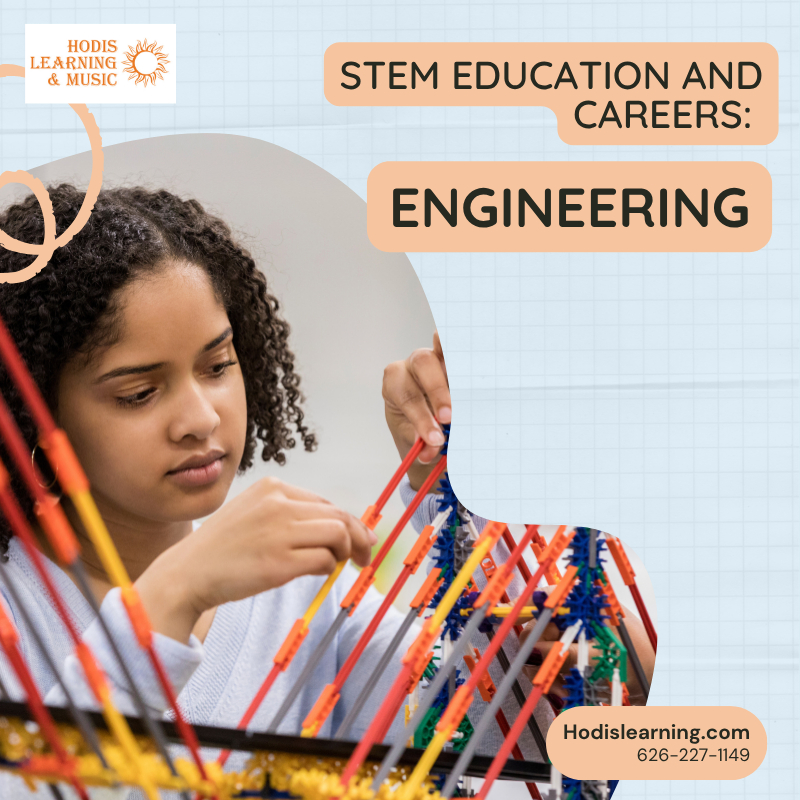STEM Education and Careers: Engineering
Engineering is where science meets creativity. Engineers use math and scientific principles to design, build, and improve the systems and structures that power our world—from bridges and buildings to clean energy and biomedical devices. In this third post in our STEM series, we’ll focus on engineering: why it matters, how to start preparing early, and which engineering careers are most in demand.
Why Is a Career in Engineering Important?
Engineering careers are at the heart of innovation. Engineers solve real-world problems, improve everyday life, and help build a more sustainable and efficient future. Whether designing earthquake-resistant buildings, developing clean water systems, or building the next generation of electric vehicles, engineers are responsible for turning ideas into reality.
Even students who don’t plan to become engineers benefit from engineering-based thinking. It encourages logical reasoning, creativity, and collaboration, which are skills that apply across countless careers.
Students interested in both problem-solving and the practical application of science and math should strongly consider engineering as a career path.
How Can Students Be Successful in Engineering-Related Courses?
Engineering blends multiple subjects, and success comes from strengthening those core skills:
- Focus on math and science. Algebra, geometry, physics, and chemistry are essential building blocks.
- Practice technical writing and communication. Engineers must explain their ideas clearly to both technical and non-technical audiences.
- Work on real-world projects. Whether it’s designing a model bridge or creating a prototype, hands-on experience builds skills and confidence.
- Join engineering-related activities. Robotics clubs, science fairs, or STEM competitions encourage teamwork and practical problem-solving.
How Can Students Prepare Early for a Career in Engineering?
Starting early helps students build a strong foundation. Here are some things they can do to prepare:
- Take advanced math and science classes, especially physics and calculus.
- Join STEM clubs or engineering organizations like FIRST Robotics or Project Lead The Way.
- Attend summer engineering camps or workshops.
- Explore different branches of engineering (civil, mechanical, electrical, chemical, etc.) to discover what they’re interested in.
- Students can also benefit from learning basic design software or programming languages, which are often used in engineering roles.
What Engineering Careers Should Students Consider?
Engineering offers a wide variety of specializations to suit different passions:
- Civil Engineer: Design roads, bridges, and public infrastructure.
- Mechanical Engineer: Work with machines and mechanical systems.
- Electrical Engineer: Develop electronics, power systems, and circuitry.
- Chemical Engineer: Create products from chemicals, such as fuels, plastics, and pharmaceuticals.
- Environmental Engineer: Solve sustainability and pollution-related challenges.
- Biomedical Engineer: Combine engineering with healthcare to improve medical devices and treatments.
In Conclusion
Engineering careers are creative, impactful, and always evolving. For students who love solving problems and making things work better, engineering offers a world of opportunity.
Ready to support your student’s journey into engineering? Hodis Learning & Music can help build the math and science skills they need. Call or email us today to learn more or sign up!



